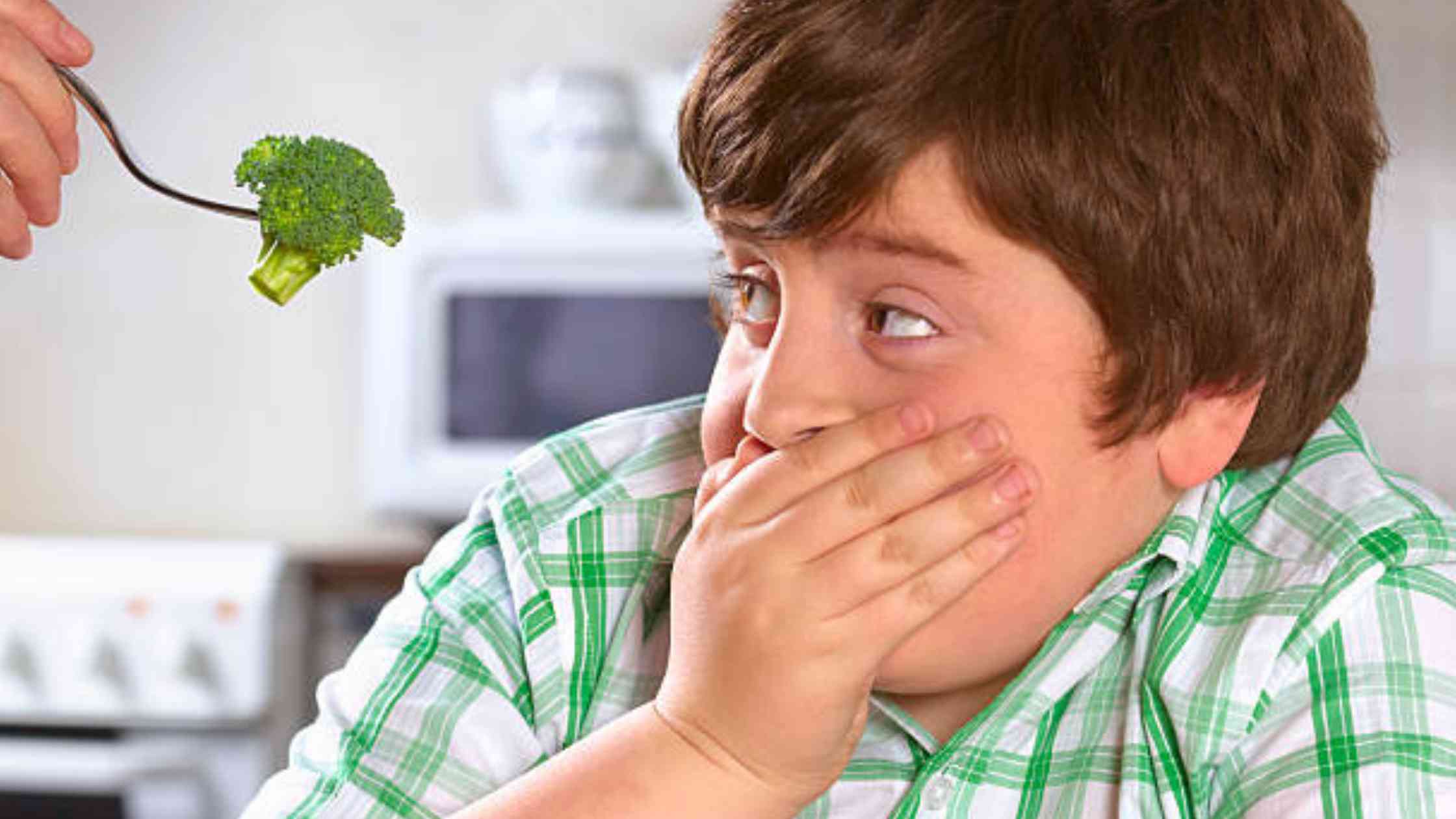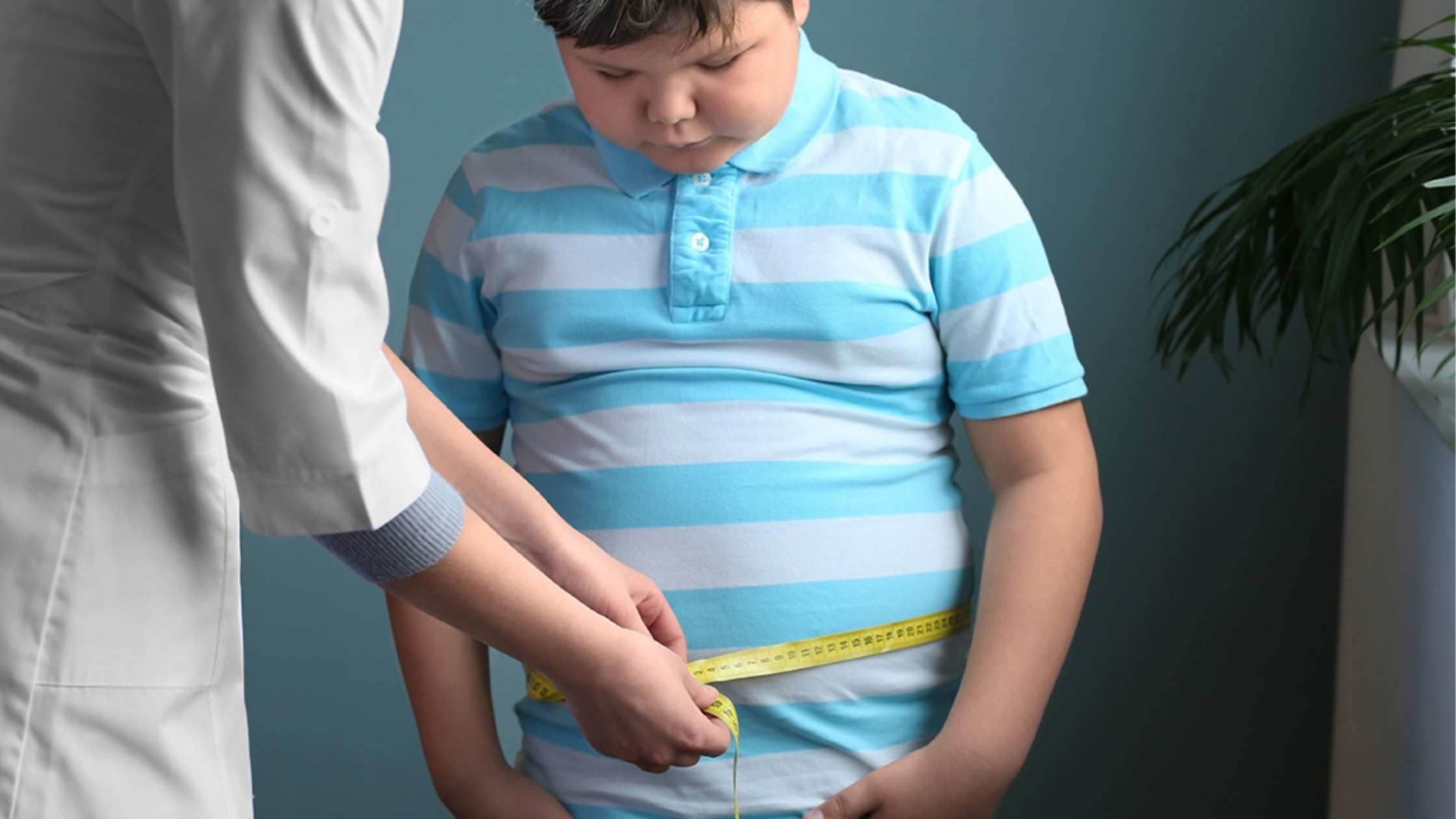Is Nutrition Education Necessary? Is It More Than Food Labels And Calorie Count

Before we start, let’s know the definition of nutrition education. What Nutrition education is? Nutrition education is any set of learning experiences designed to facilitate the voluntary adoption of eating and other nutritional behaviors conducive to health and well-being.
Is Nutrition Education Necessary? Is It More Than Food Labels And Calorie Count
But we have always assumed that nutrition education is just on meal labels, energy, and portion sizes. But the reality is far from that. Nutrition education is more than food labels and calorie count.
In vitamin training, we often forget to include the day-to-day cooking, which fruit contains vitamin A and which food we should eat for vitamin D. That is what we should include to learn and follow proper nutrition education.
Below are reasons to believe that vitamin training is not just about learning about nutrition or reading food labels.

Obesity Problems in Children
Let’s Move! was a campaign launched by Michele Obama when the cases of childhood obesity were on the rise. The motive of this was to solve the problem of childhood obesity within a generation. That has brought more opportunities for physical activity and healthy food choices to schools.
According to a 2010 report of the Centers for Disease Control and Prevention, at least 17% of American youth were the victims of obesity. And the fact that this number has increased to 19.3%, affecting about 14.4 million children and adolescents, is an issue.
Studies have found that childhood obesity can cause many adverse health problems, such as higher rates of fatty liver disease, type 2 diabetes, and heart disease.
But childhood obesity is preventable with dietary and physical activity modifications. The studies suggested that this idea embarrasses the children who could not lose weight. It is important to acknowledge that each body is different and functions differently. What diet might work for one may not work for another. Many factors like genetics, socioeconomic status, and environmental factors contribute to body weight, and some are just out of an individual’s control. And especially children, they do not have much control over their meals and environment. So everyone needs to know what type of food is best for their body to lose weight.
A study published in 2019 states that children eat more when they prepare their food themselves. According to the research, cooking is a compelling activity that could affect children’s food preferences over time. Although, cooking can not reverse the childhood obesity rates as the study suggested. But while cooking, they get to learn about different ingredients that can make them curious and more open to trying other nutritious recipes when they get older.
Calorie count alone is not nutrition education.
Nutrition education also teaches that trillions of organisms live in your gut, and the predominant types may influence how many calories your body absorbs from food. Researchers say that naturally thin people have different types of organisms than overweight people.
“Taking the gut microbiota out of people who are lean and placing it in people who are overweight or obesity can result in weight shifts,” says Dr. Stanford.
That happens because some types of organisms in the gut can break down and use more calories from certain foods than other types of organisms.
Each body has a set point that governs weight. This set point reflects several factors, including your genes, your environment, and your behaviors. Your hypothalamus, a region at the base of your brain that also regulates things like your body temperature, stands guard to keep your body weight from dipping below that set point—which is not a bonus if you’re trying to lose weight, says Dr. Stanford.
Now, we can say that Nutrition education is also promoting healthy eating and exercise behaviors and many others. So the next time you discuss nutrition education, remember that it is more than calorie counts and food labels.




